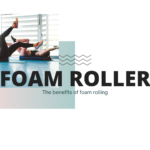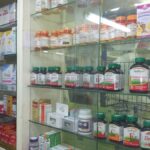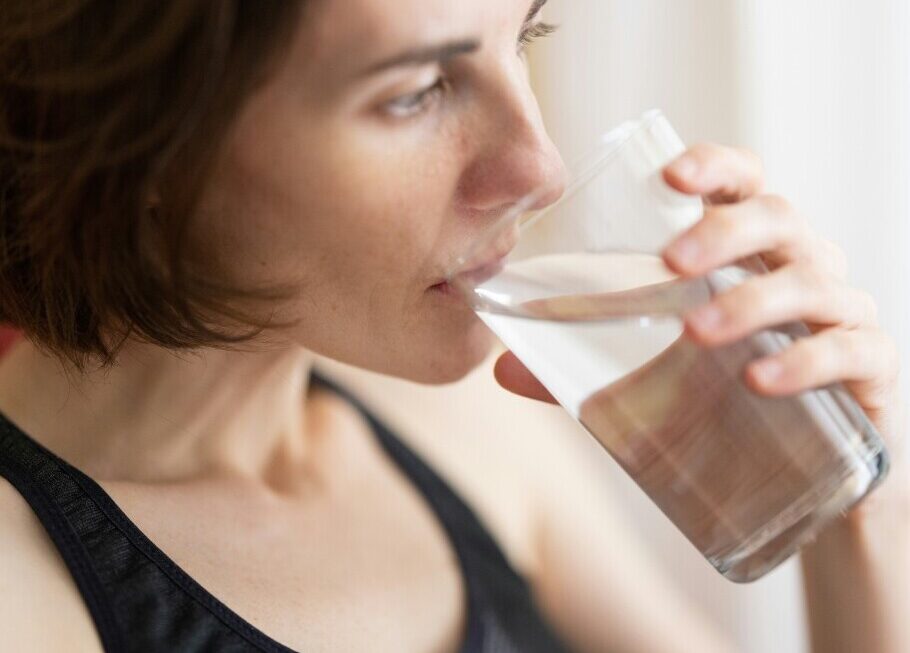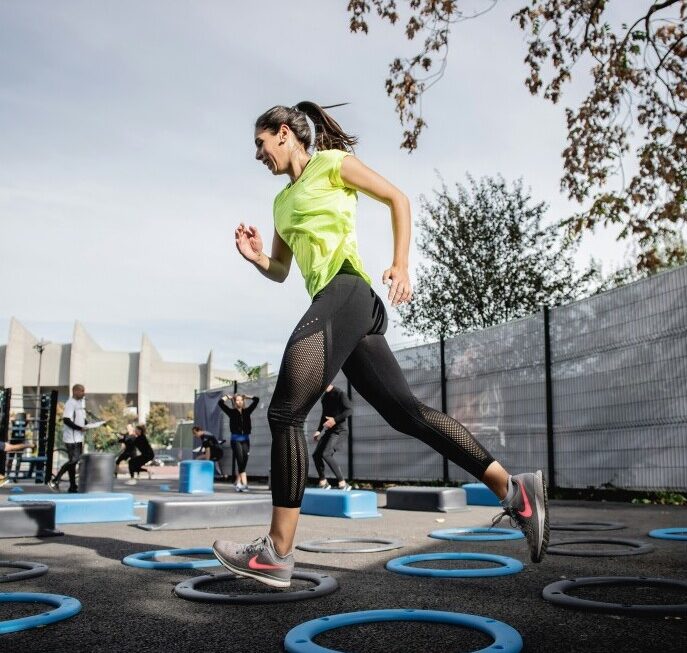Protein isn’t just something bodybuilders need. For women over 40, it becomes a critical part of maintaining and even improving health. Think of protein as the body’s building blocks. It’s essential for just about everything, from repairing tissues to making enzymes and hormones. Without enough protein, the body struggles to heal and deal with day-to-day wear and tear—something that becomes even more important as we age.
When it comes to fitness, particularly for women over 40, protein plays a starring role. Muscle growth and recovery depend on it. As you age, your body naturally loses muscle mass. This process, called sarcopenia, can knock you off your game if you don’t get enough protein. By boosting your intake, you can slow down muscle loss and enhance recovery after workouts, helping you stay strong and active.
Hormones are another piece of this puzzle. During menopause, hormone changes can affect how your body uses protein. It might alter your muscle mass, energy levels, and even your immune system. Protein helps counterbalance these changes. Focusing on getting ample protein can support your fitness goals and your health as you navigate these new life stages.
Lastly, protein supports bone health—a biggie after 40. With women more prone to osteoporosis than men, getting enough of this macronutrient helps protect against bone density loss. Pairing protein with physical activities like weight training is like giving your bones an extra layer of protection. So, ramping up your protein can be a game-changer, not just for muscles, but for bones too.
Tailoring Protein Intake for Women 40+
Getting the right amount of protein is like customizing a fitness plan that suits you perfectly. It’s not one-size-fits-all, especially for women over 40. So what’s the sweet spot for daily intake? Most experts suggest aiming for about 0.8 to 1 gram of protein per kilogram of body weight. But let’s remember, this might shift based on other factors.
Activity level has a big say in your protein needs. If you’re hitting those weights or going for regular runs, you’re gonna need more than someone whose exercise routine is more chill. Plus, if you’ve got health conditions affecting your muscles or nutrition, that might bump up your protein requirements too.
Finding the ideal protein amount also means getting a good mix of your macronutrients. It’s all about balance. Too much of anything isn’t great. So pair your proteins with enough carbs and fats to fuel your workouts and support recovery. If you’re into tracking your meals, you’ll find hitting a balanced macro target super helpful.
And don’t forget timing! When you eat your protein can be just as important as how much. Consuming protein post-workout can really amp up your recovery game. Consider spreading protein intake throughout the day to keep your energy and recovery on point. Your body will thank you with more energy and better results overall.
Sources of High-Quality Protein for Women 40+
Time to explore the delicious world of protein! Quality matters, and incorporating a mix of sources can make a big difference for women over 40. Animal-based sources like chicken, turkey, and fish tend to pack a high protein punch, along with essential amino acids which are crucial for muscle repair and overall health.
But hold up, plant-based eaters haven’t been forgotten! Good news is, you’ve got plenty of protein-rich foods too. Beans, lentils, and quinoa are powerhouse picks, offering not just protein but also fiber and minerals. Don’t underestimate nuts and seeds either. They bring protein to the table along with healthy fats, making them perfect snacks.
Balancing between the two—animal and plant proteins—can give you the best of all worlds. It’s about variety and getting a complete range of amino acids. If you’re vegetarian or just want to mix it up, consider exploring combinations like rice and beans to make sure you’re not missing any of the essential amino acids.
For those with packed schedules, protein powders and bars can be lifesavers. They’re not just gym essentials but perfect for a quick protein boost when you’re on the move. Look for options with minimal additives and balanced nutrient profiles. Getting your protein doesn’t have to be hard or time-consuming with these convenient choices.
Overcoming Common Protein Myths and Challenges
Let’s bust some myths, shall we? One big myth floating around is that a high protein diet will mess with your kidneys. It’s usually blown out of proportion unless there’s a pre-existing kidney condition. Your body needs protein, especially if you’re keeping active and maintaining those muscles. If worried about kidney health, always a good idea to talk it through with a healthcare professional.
Then there’s the fear of getting too ‘bulky’ from protein. This one’s got women holding back, but let’s clear it up: protein supports lean muscle growth, which can actually give you a toned look, not bulk. Building significant muscle mass involves a lot more than just eating protein, like intense weight training and specific nutrition plans.
Getting enough protein can also come with barriers—palate preferences, dietary restrictions, and even cost. Find what suits your taste buds. Try different recipes—plant-based curries, grilled chicken salads—to mix it up. If you’re on a budget, look for beans, lentils, and eggs—they offer plenty of protein without breaking the bank.
Practical tips can ease protein into your day without stress. Keep it simple. Add a boiled egg to your breakfast, toss chickpeas in your salad for lunch, or enjoy grilled tofu for dinner. Small tweaks across meals make meeting protein goals easier and more enjoyable.










